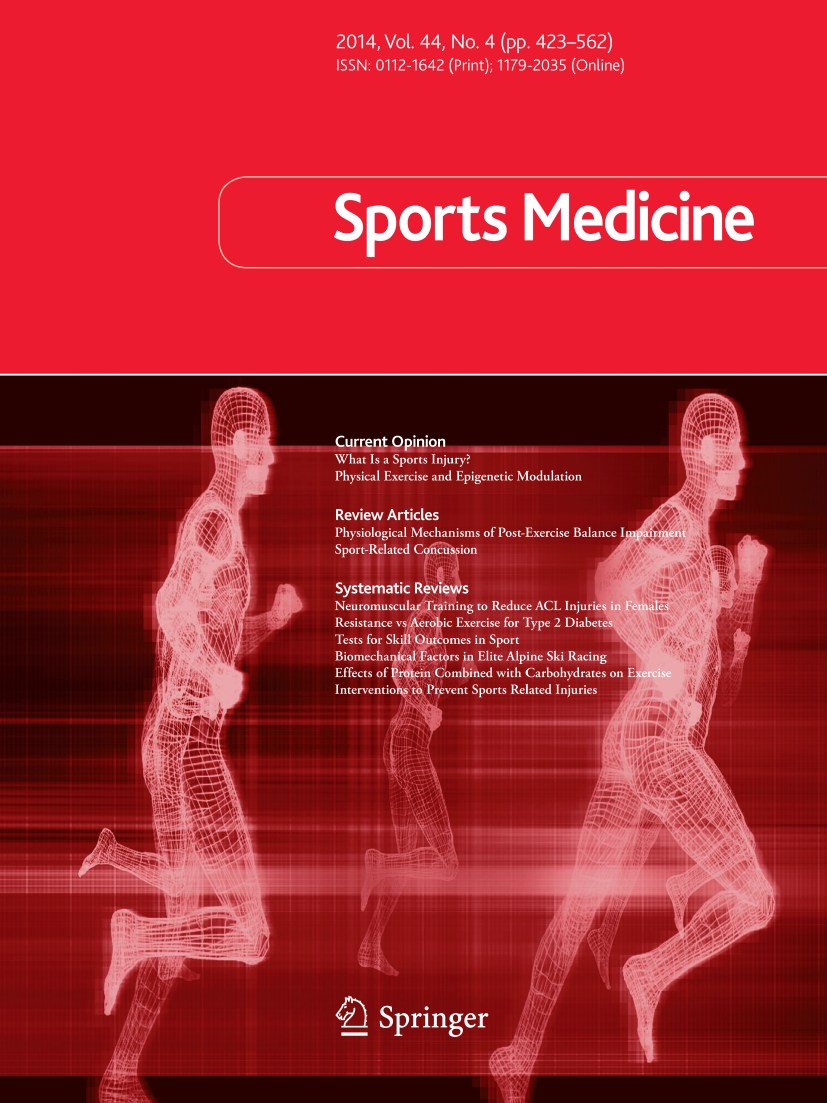aloetard
Unofficial Disciple of Cataceous
Thank you very much for posting this article. Excellent.Any scuba diver on board?
I have always had relatively low air consumption. Dive instructors judge this as high level of experience. However, I'm a once per year recreational suba diver.
Now I thought that I might have had higher than average hematocrit before TRT and this might be a contributing factor. Anyway, couldn't find any scuba science about it.
Aloetard sparked my interest in that topic.
The following article is probably not up to date but more holistic and much less detailed than previously posted articles.
Red blood cells in sports: effects of exercise and training on oxygen supply by red blood cells - PMC
During exercise the cardiovascular system has to warrant substrate supply to working muscle. The main function of red blood cells in exercise is the transport of O2 from the lungs to the tissues and the delivery of metabolically produced CO2 to the ...www.ncbi.nlm.nih.gov
A highly increased Hct increases blood viscosity and increases the workload of the heart (El-Sayed et al., 2005; Böning et al., 2011). It therefore bears the risk of cardiac overload.
Refs above:

Haemorheology in Exercise and Training - Sports Medicine
Disruption of the normal rheological properties of blood is considered an independent risk factor for cardiovascular disease and plays a significant role in the aetiology of atherothrombogenesis. The acute increase in whole blood viscosity may unfavourably affect the microcirculatory blood flow...

The Hematocrit Paradox – How Does Blood Doping Really Work?
Thieme E-Books & E-Journals
See also the Hemorheology section.
Walking/sitting around all day with testosterone induced high Hct? Take a read above. If you want to roll the dice with elevated Hct, do everything in your power to keep plasma viscosity low to minimize the work your heart has to do all day/night long.
Last edited:














